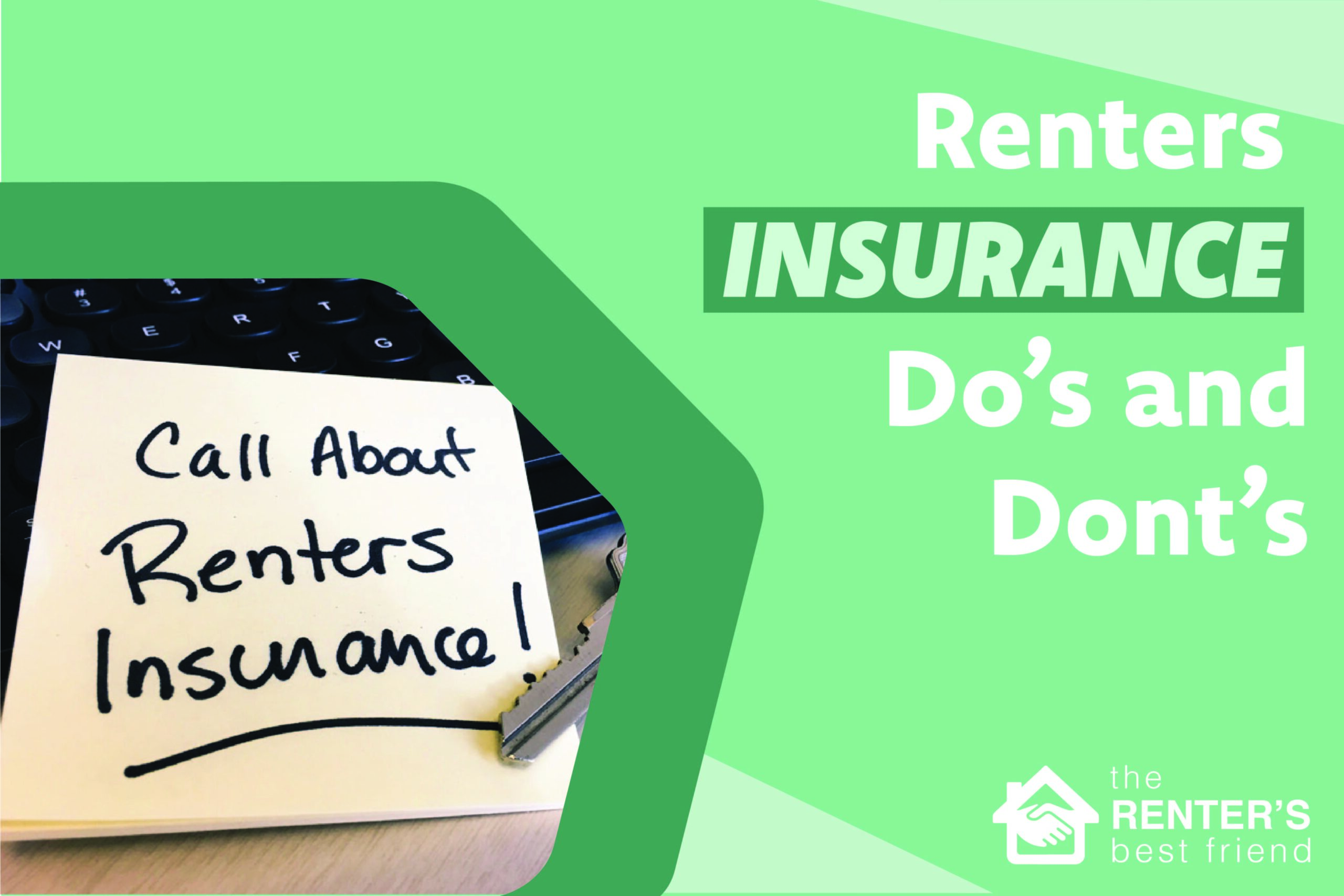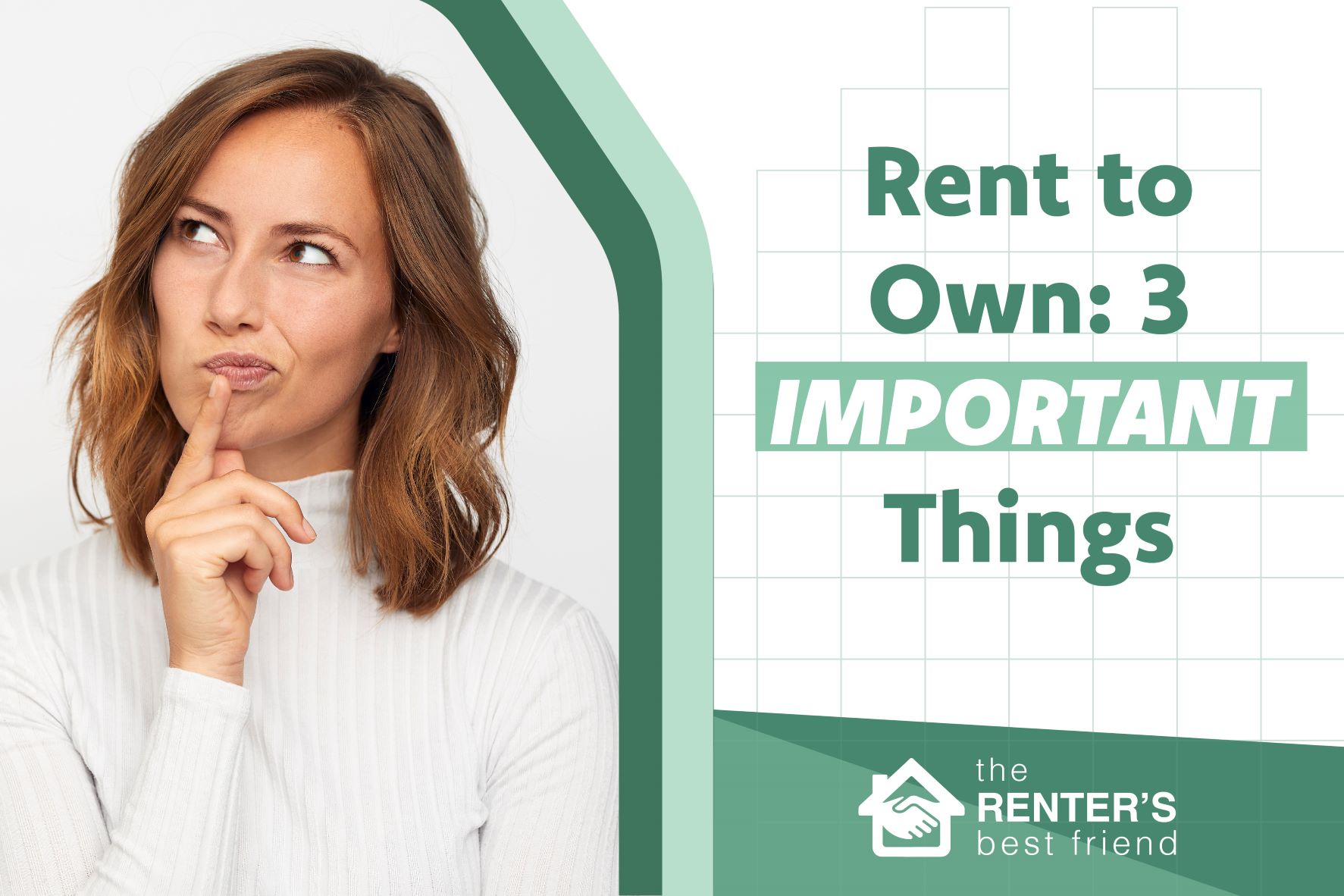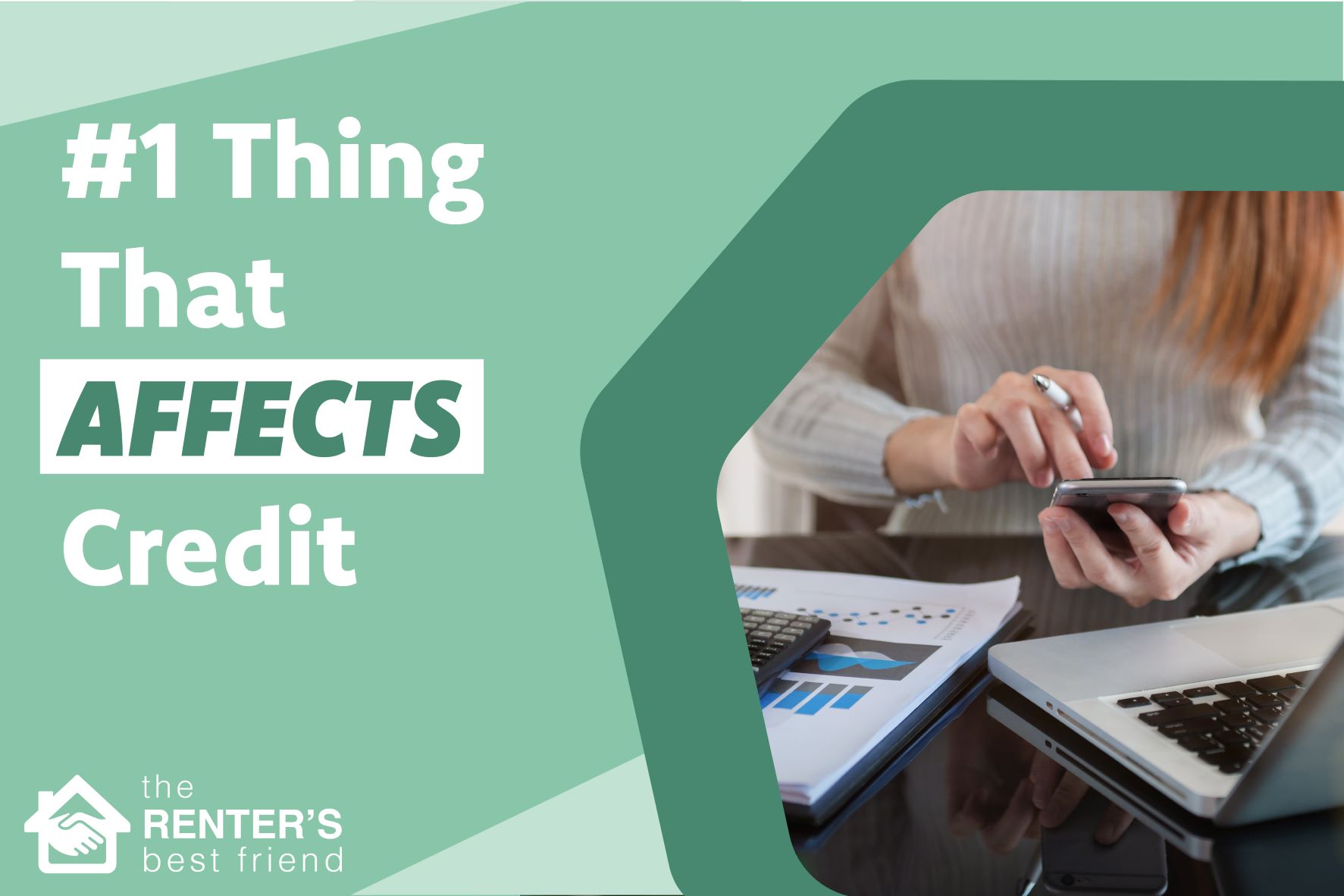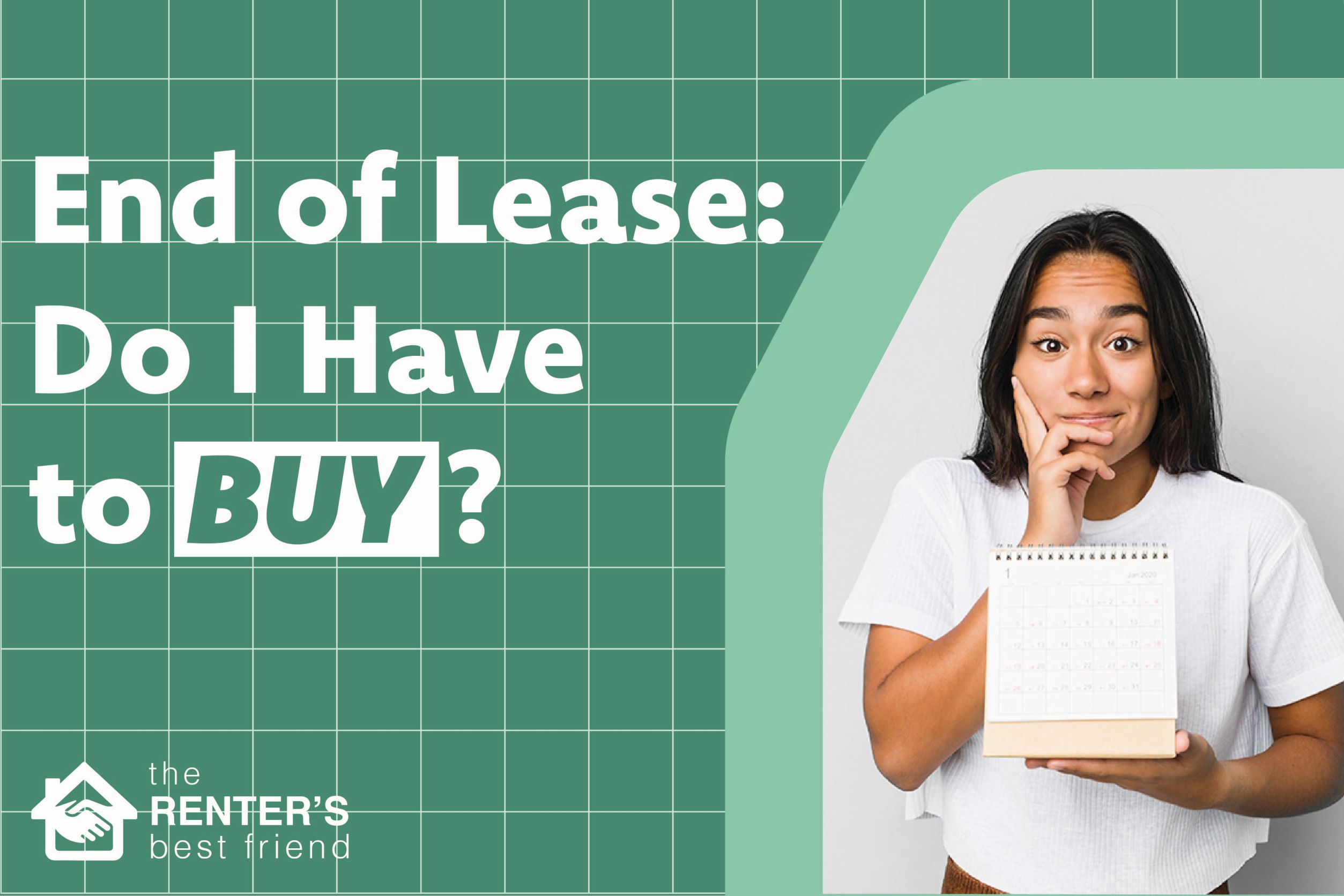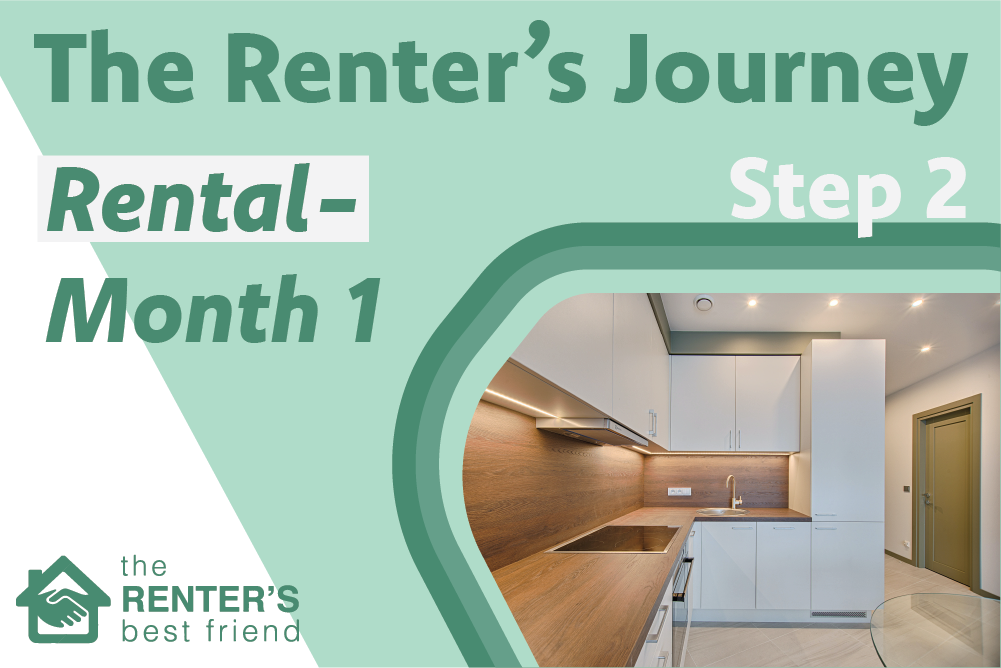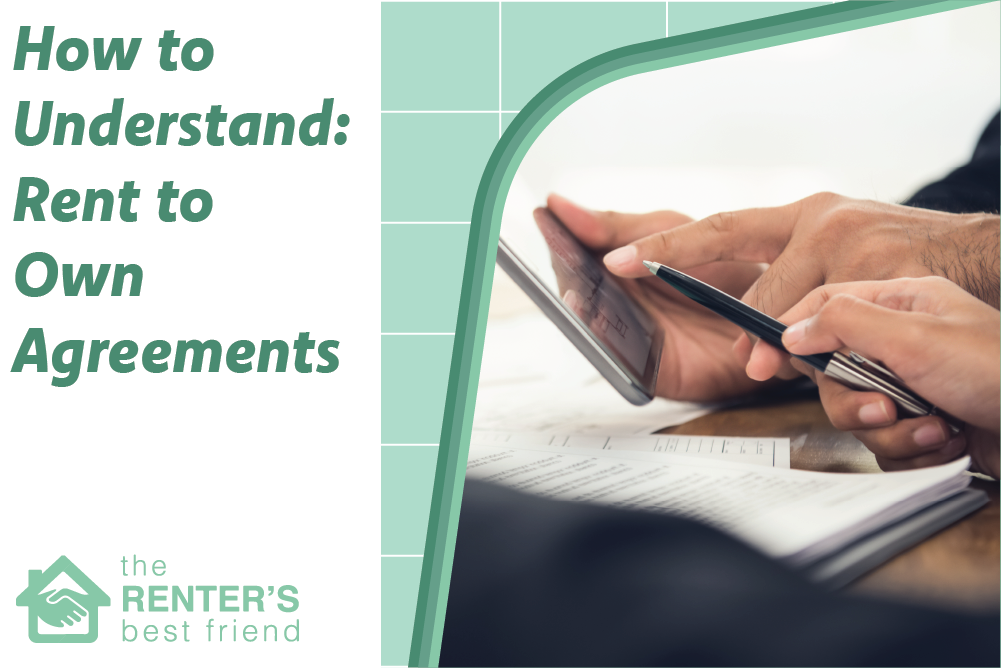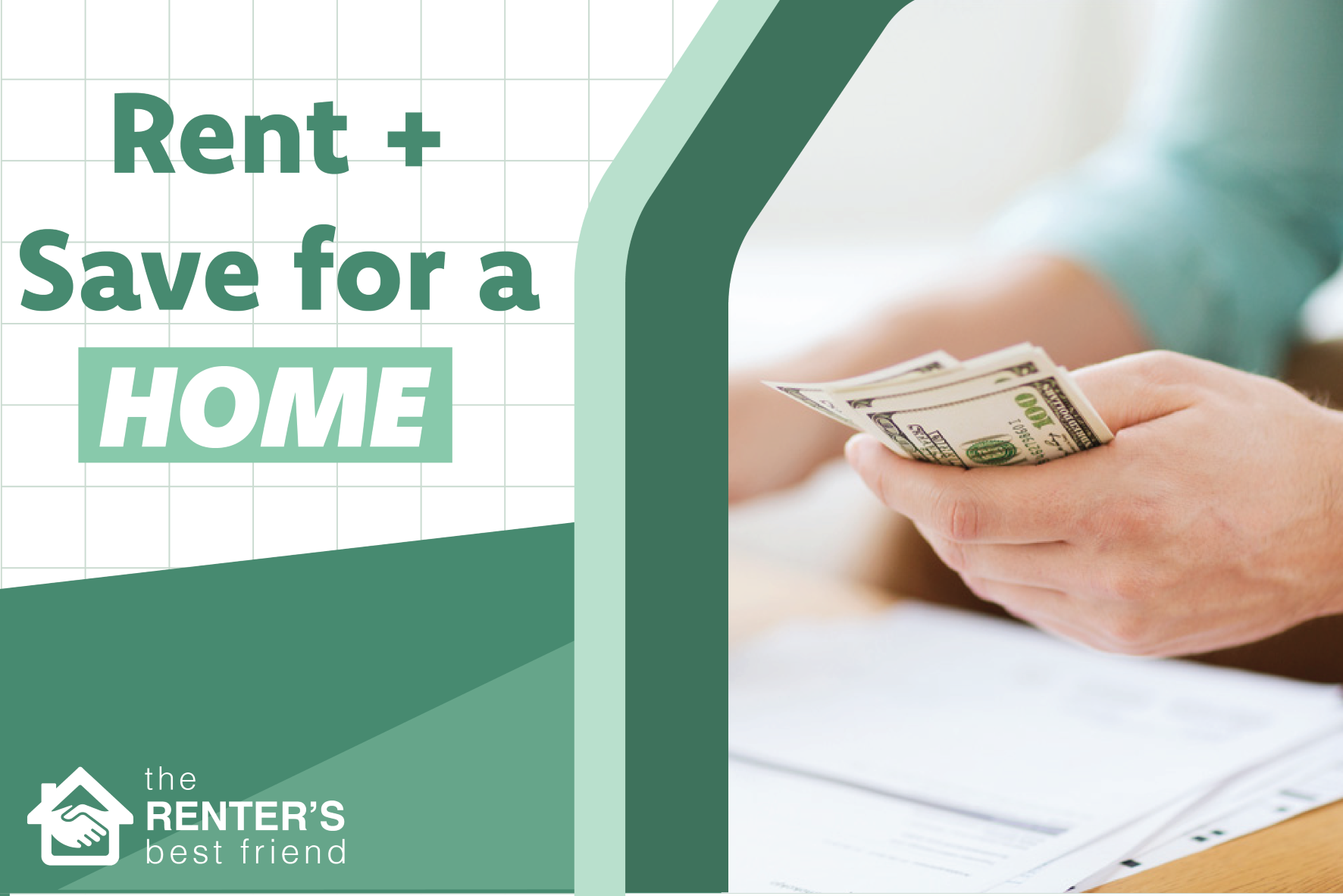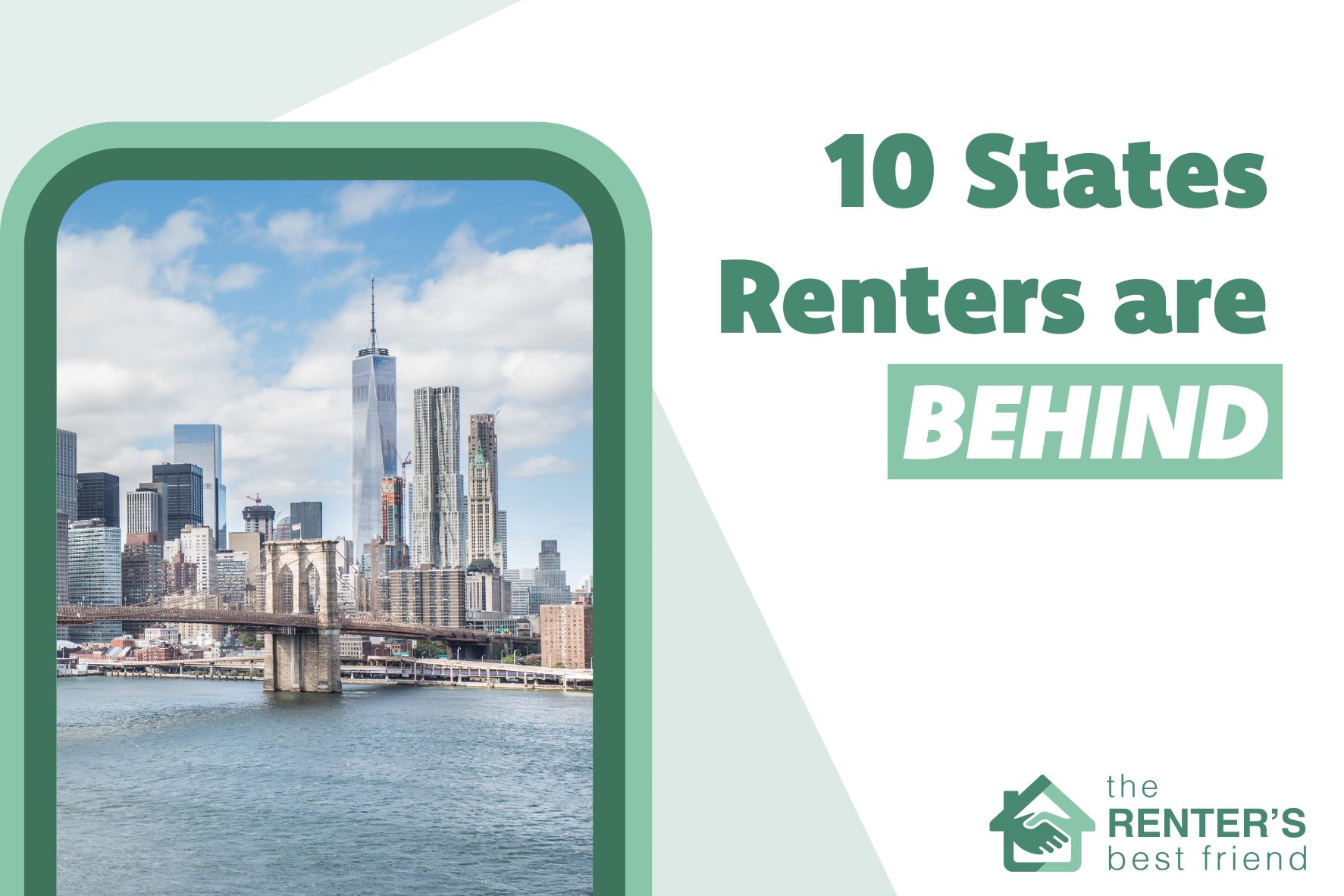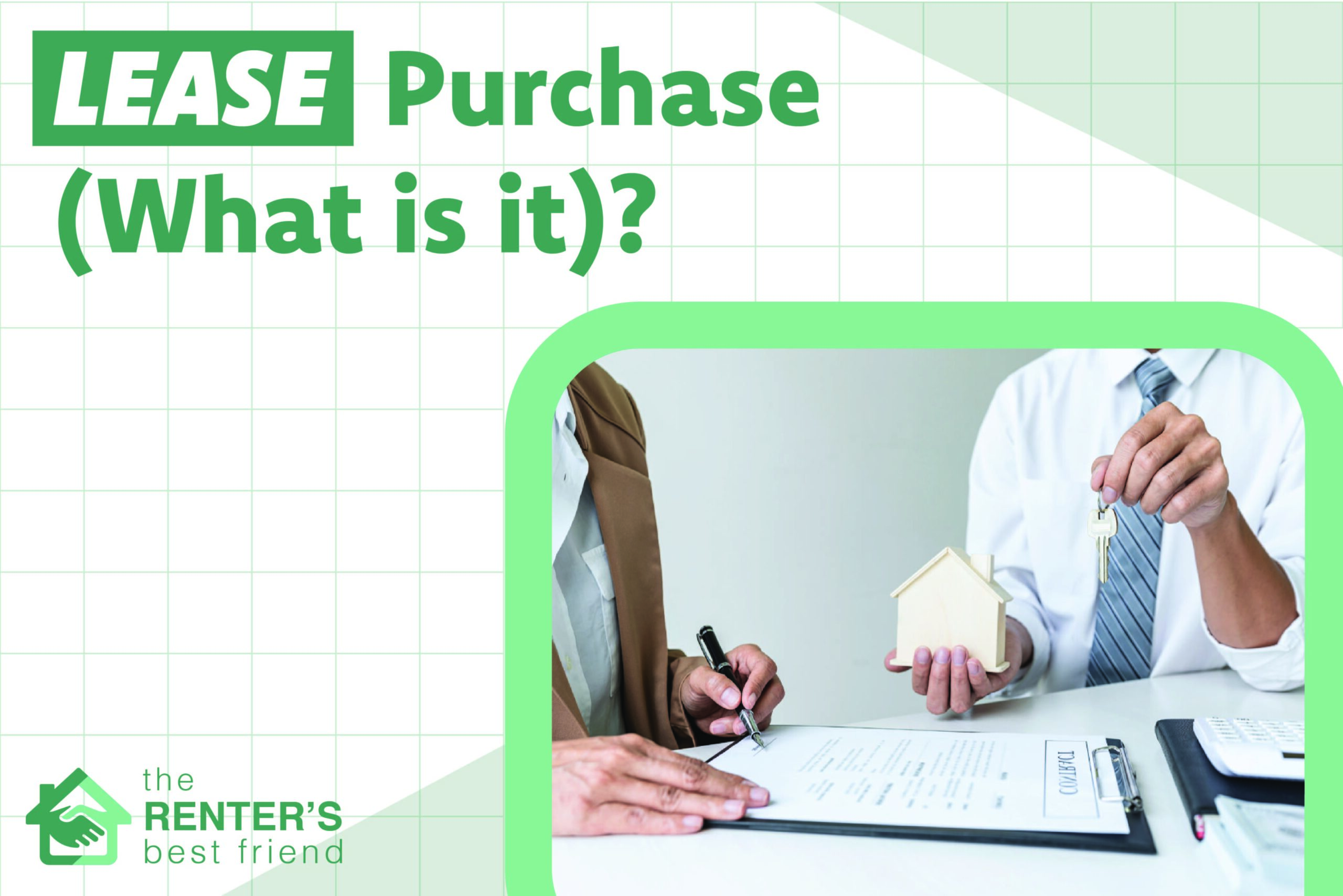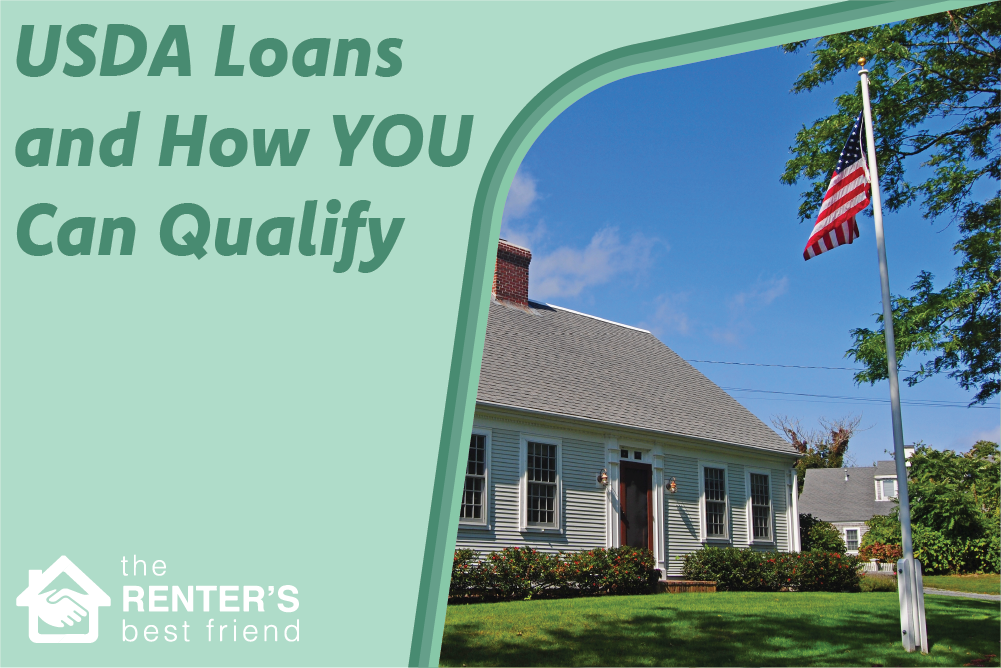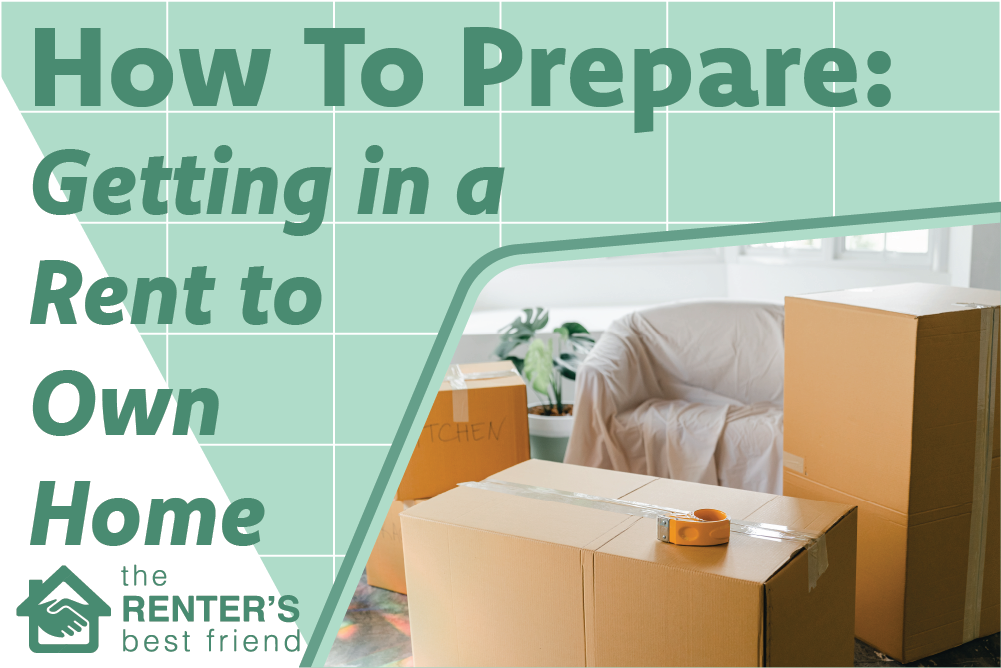Did you know that a lease purchase agreement might be your pathway to a home? Read on to see how.
What Is A Lease Purchase Agreement?
A lease-purchase agreement is a type of rent-to-own legal agreement signed by a tenant and a landlord. This type of legal contract allows the tenant to rent for a pre-determined length of time before purchasing the property from the seller.
If this is news to you we highly recommend you click here now to see if you qualify for a rent to own home– many people are pleasantly surprised and it changes the course of their life for the better.
The lease term varies depending on the situation but usually varies between one to five years. The buyer may be able to avoid an option fee in this type of agreement. An option fee is a purchase price that will allow the buyer to have sole rights to buy the property at the end of their lease agreement.
When entering a lease-purchase agreement, it is crucial to remember that you have a legal obligation to buy the property at the end of the lease agreement. The price will be determined by negotiating with the seller at the time of signing or after the house is appraised. The lease will start once the price is agreed upon.
Determining the price before signing gives you a clear financial goal to achieve, whether it be building your credit score, saving for the down payment, or how much you will need from a mortgage lender.
Once you sign the lease-purchase agreement, you should start looking for a mortgage loan almost immediately or at least while you’re living in the home. If at the end of the lease agreement you do not qualify for a mortgage loan, you will not only forfeit your claim to the property, but you will be out of thousands of dollars in rent credit that you have accrued during the lease.
Remember the legal liability and have a lawyer look at the agreement before you sign. If you cannot fund the purchase of the house at the end of the lease, the homeowner has the right to sue for breach of contract.
The Structure of a Lease Purchase Contract
According to Rocket Mortgage, lease purchases are divided into two contracts: the lease agreement and the end-of-lease or contract sale. They include provisions that make certain clauses mutually exclusive. For example, if you miss your rental payments consistently, it may automatically breach the purchase contract.
The lease agreement will include everything that a traditional lease would, but with some extra clauses, like maintenance costs, taxes, and insurance. It will also include how long the lease period is and how much rent must be paid each month. These agreements will typically last one to three years.
Look at the fine print before you sign. Make sure that you and the seller agree on the option fee, purchase price, and the down payment. This also includes how much rent will allocate to the future down payment of the home. If you decide not to purchase the house, you will most likely lose your option fee and down payment.
The contract sale agreement outlines the process of purchasing the property once the lease period is over. Both the tenant and the seller must agree on a market value purchase price at the time of signing. During the lease period, it is crucial for you to secure a lender if you have not at the time of signing.
Before signing anything, strongly consider consulting a real estate lawyer to review the agreement. If you are unable to secure proper financing at the end of the agreement, you may still have to pay the buyer no matter your financial situation.
The Pros of a Lease-Purchase Contract
- Rent credits and the amount of time you have to save money for a down payment.
- A lease purchase also provides time to build your credit score and save on future interest rates once you take out a mortgage loan.
- You can avoid private mortgage insurance.
- For people wary of committing to purchasing a home, this option allows for a ‘test drive.’ You can live on a property and see how you like it and the area before investing in buying a home there.
- Most often, rent-to-own agreements will allow you to split repair and maintenance costs. This is beneficial to both the tenant and the seller.
The Cons of a Lease-Purchase Contract
- If you choose not to purchase the property at the end of the lease agreement, the rent credit paid toward the future down-payment will most likely be forfeited to the landlord.
- The option fee will also be forfeited if the home is not purchased after the rental period ends.
- You will lose your right to reside in the home if you are not able to qualify for a mortgage loan at the end of the lease.
- If you are not planning to improve your credit score while residing in the home, you may want to consider other rental options that do not require you to qualify for a loan.
- If you miss a rental payment just once, it can null the entire contract and cause you to lose your monthly rent credit.
- If you are unsure if you will be able to qualify for a loan at the end of the rental period, this type of agreement may not be for you, as it will leave you vulnerable to a lawsuit by the homeowner due to breach of contract.
Remember, the best first step is to see if you qualify for a rent to own home so you’re not guessing at what your options are. Click here to see what you might qualify for and start your journey to becoming a homeowner today.


